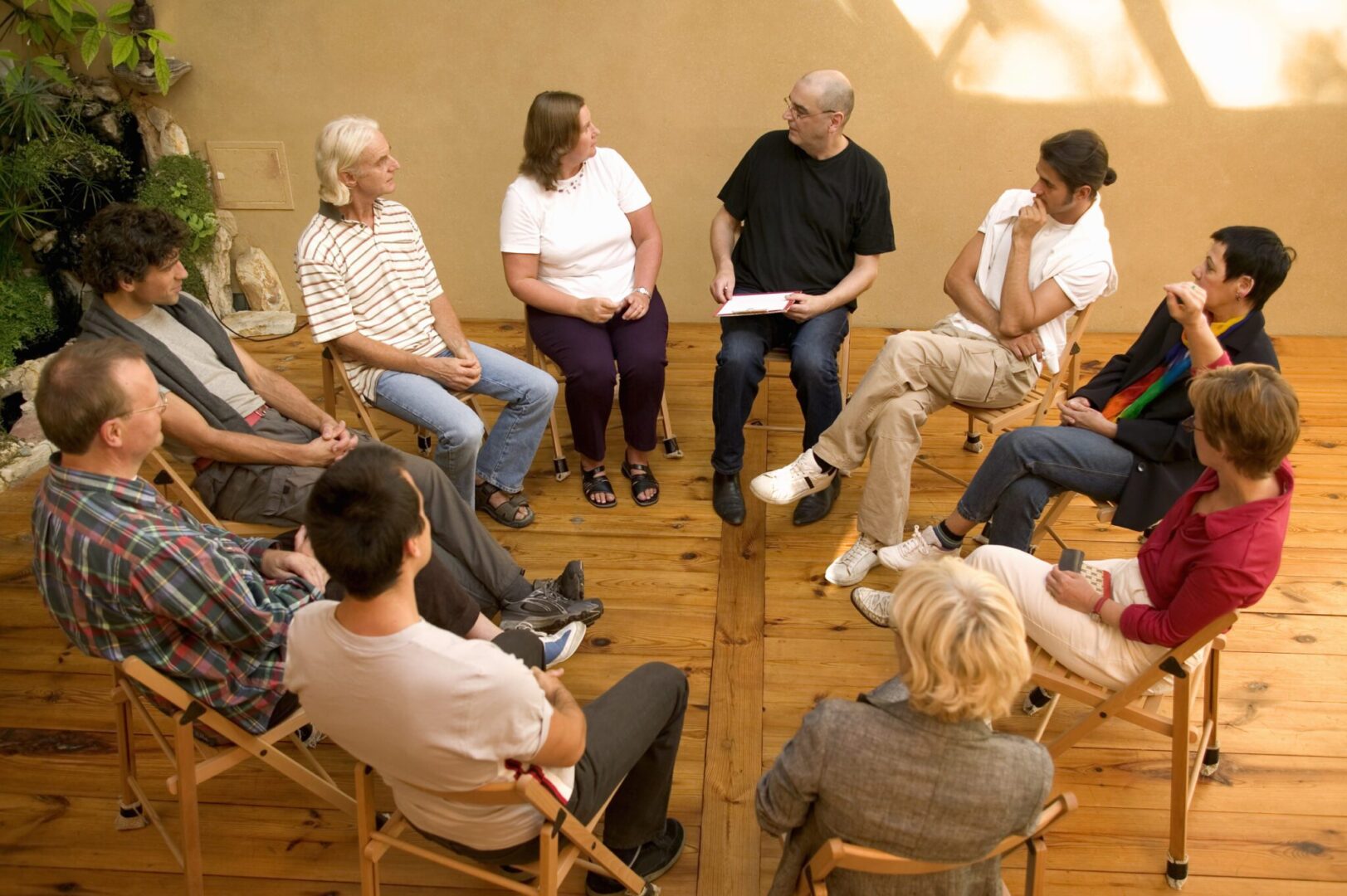Mental health officials increasingly see substance abuse and addiction as mental health issues. In recent years, it has been viewed less as a sign of criminal activity and more as a mental disorder worthy of empathy and compassion, just like any other health condition.
The use of substances stimulates neurochemical changes that release dopamine and strengthen the association between a desired emotional state and a particular behavior. An individual is more likely to relapse if they use the substance regularly and excessively. In simple terms, addiction is a result of sustained changes in the brain.
Psychological, biological, social, and physiological etiological factors all contribute to addiction. Besides affecting the initiation of drug and alcohol use, genetic and environmental variables are also critical to the subtle transition from recreational to overuse of these substances. Person may be faced with other mental problems along with an addiction problem, which is why therapy is important. There is a rare instance in therapy where an individual only has substance-related concerns. Most often, these individuals have innumerable underlying mental health difficulties.
Many people who become addicted to drugs or alcohol never intended to develop such disorders, but instead embraced them as coping mechanisms to handle life stresses. The integrated software solutions offered by MedEZ™ can provide an assessment tool called ASAM by Continuum. ASAM Continuum helps clinicians systematically examine co-occurring addiction and mental health conditions. With this tool clinicians can identify prior history of mental health conditions and note any sign and symptoms manifesting during the assessment.
What benefits does therapy bring?
- It helps patients to understand addiction, recognize, and take responsibility for their actions.
Through therapy, a person can explore their strengths and weaknesses, and learn how certain traits contribute to addiction that can be turned around for desired results. In addition to providing support, consistent counseling creates a safe environment for recovery.
- Offers acceptance and positivity.
You can get a different perspective on your present situation through group therapy. It can be very helpful to learn how other people handle their struggles to better understand your own. The power of speaking out and being heard gives all of us confidence to create a brighter future.
In the shadows, addiction thrives. Addiction still carries a negative connotation despite efforts to raise awareness and normalize it’s impacts. As a result, people who are suffering from addiction often do so in secret, which exacerbates their condition.
The mental health system may seem intimidating at first. The process of finding a therapist who meets your needs as well as your schedule can be challenging if you have never been to therapy. It may be necessary for you to do research within your community, contact your insurance company, and search online to understand and determine what you need. Along with helping you find a therapist, the internet provides a wealth of information about therapy. Since COVID-19, most services are offered virtually, which eliminates transportation barriers and makes it simpler for clients to access support from their homes.
The road to recovery is built through therapy.
Written by Marina Malobabic for MedEZ.com



